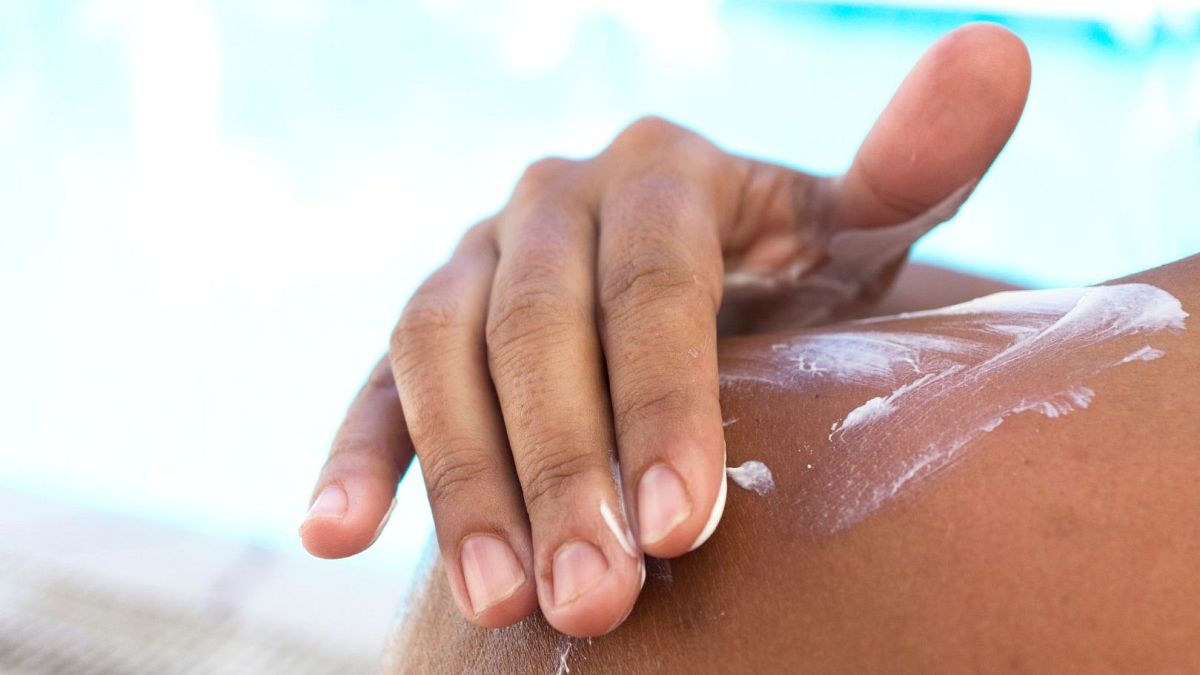

In today’s swiftly evolving world, staying informed about health and wellness is vital. Within this context, several noteworthy developments have emerged, spotlighting distinct aspects of public health that deserve our thoughtful attention. Let’s explore how these matters are unfolding, from the safety of sunscreens to the recent health challenge posed by the West Nile virus in Italy, as well as an unfortunate incident surrounding a cosmetic procedure in Turkey.
Protection from the sun is a daily concern for many, and as such, sunscreens play an essential role. Two primary types, mineral and chemical sunscreens, function differently yet aim to achieve the same protective result. Mineral sunscreens typically include ingredients like zinc oxide and titanium dioxide, which create a physical barrier on the skin to reflect UV rays. In contrast, chemical sunscreens contain organic compounds such as oxybenzone or avobenzone that absorb UV radiation and transform it into heat, which is then released from the skin.
Both sunscreen types are deemed safe when used appropriately, although it’s important to consider their distinctions to address specific skin types and personal preferences. It’s worth noting that consistent sunscreen application can significantly reduce the risk of skin cancer and premature aging, embodying a simple yet effective preventive measure. As we bask in outdoor activities and sunlight, choosing the right type of sun protection becomes a mindful practice, enhancing our wellness.
Meanwhile, in Italy, attention shifts to a different health concern as ten fatalities from the West Nile virus have been reported since the beginning of the year, with the latest being a 93-year-old woman from the Lazio region. The virus, primarily transmitted through mosquito bites, has been identified across five European countries this year. While many individuals infected with the West Nile virus may not exhibit symptoms, some may develop fever, headaches, or more serious neurological conditions.
The recent increase in cases prompts a serene reminder of the importance of preventive steps such as using insect repellent, wearing long sleeves and pants, and ensuring windows and doors are secured with screens to keep mosquitoes at bay. These mindful actions contribute to safeguarding our communities and emphasizing cooperative health consciousness, especially in areas prone to mosquito activity.
In another part of the globe, a separate incident underscores the intricate relationship between health and medical procedures. A British man, Martyn Latchman, traveled to Istanbul, Turkey, to undergo a hair transplant procedure but, unfortunately, passed away during its preparatory phase. Martyn, previously a dedicated teacher transitioning to a role as a defense contractor, sought this treatment with optimism.
This tragic event serves as an informative cautionary tale about medical tourism, highlighting the importance of thorough research and careful consideration when seeking procedures abroad. It invites individuals to explore the credentials of medical practitioners, the healthcare standards of clinics, and to be fully aware of potential risks involved in such endeavors. While transformative procedures can provide profound personal satisfaction, they also demand a mindful approach to ensure safety and well-being.
As we traverse these diverse health landscapes, it becomes clear that awareness and education remain central to our health and happiness. By approaching these topics with balance and intention, acknowledging the benefits of sun protection, the necessity of preventive strategies against mosquito-borne diseases, or the need for informed decision-making in medical care, we craft a future where well-being prevails, and safety is cherished as a collective priority.
Source: {link}
